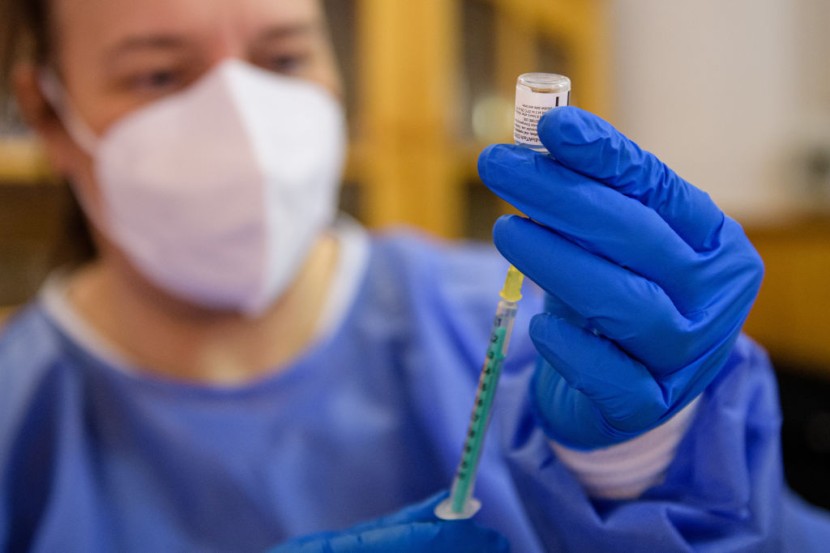Vaccine protection is stronger among people who already had the COVID-19 as it protects against the South African and Brazilian variants more effectively. Compared to people who had never been infected with the coronavirus, someone who had recently been infected developed almost seven times the amount of antibodies after a single Pfizer shot. According to a study, their antibody levels against the South African and Brazilian variants were also 15 times higher.
COVID-19 vaccine works better for those previously infected

They also had seven times more T-cells, which are essential immune cells that respond to viruses. The study discovered that infected patients had a level of protection after only one jab that most had to wait for a second jab to gain.
"Having high T-cell and antibody immunity in previously infected people after vaccination may provide a stronger protection - giving us an edge in the ongoing fight between variants and vaccines," said co-author Dr. Thushan de Silva of the University of Sheffield. Blood samples were taken from 237 vaccinated NHS staff ranging in age from 22 to 71.
According to Daily Mail, the antibody level in previously infected patients was 6.8 times higher than in non-infected people four weeks after the first shot. Vaccination is also needed for those who have had COVID-19 since immunity fades with time. The Department of Health funded the research, which has yet to be published or reviewed.
FDA Recalls Hand Sanitizers Containing Bacteria, Cancer-Causing Chemicals
Past infection increases COVID-19 vaccine response
Health staff who had already been infected with COVID-19 had a six-fold higher antibody reaction to a single dose of the Pfizer vaccine than those who hadn't. The researchers said that it stresses people to get their second dose to maintain the same "booster" effect.
Many that have already received the COVID-19 vaccine should get a second shot to ensure "longer-lasting" protection, as per BBC. Experts claim that providing the previously infected only one dose will be unsuccessful.
The best chance of triggering all aspects of the immune system and hopefully defending against new mutations is to have two jabs. While a second dose was "important" for long-term protection, the results found that even a single dose offered good protection in 99 percent of the 237 health workers surveyed, according to the Department of Health and Social Care.
Most studies only look at people's antibody responses, but this study looked at their T-cells as well. This harder-to-measure portion of our immune system is critical for defending against mutations since it reacts to several different aspects of the virus's "spike."
The vaccine is intended to help your body detect the virus once it discovers it in the wild. But as the virus mutates, it becomes more difficult for the body to recognize.
Pfizer Launches First-Ever COVID-19 Pill, Prevents Virus Mutation Inside the Human Cells
COVID-19 vaccines may offer protection against specific variants
All COVID-19 vaccines were created to protect people against the virus. But they may not be as successful against some of the strains that are still circulating in the world. The vaccines can have less protection against some variants, such as B.1.351, which was first discovered in South Africa. Still, some protect against others, such as B.1.1.7, which was first found in the United Kingdom, as per the New England Journal of Medicine.
A virus can quickly mutate as it spreads from person to person, according to an infectious disease physician at Essentia Health, and COVID-19 currently has many variants circulating throughout the world. Although several pharmaceutical companies are working on booster vaccinations to replace them, Dr. Rajesh Prabhu claims the vaccines will always protect you from severe hospitalization or death if you get sick with a particular COVID-19 variant, Fox21 Online reported.
People Who Had Common Cold Could be Protected Against COVID-19 Study Suggests
© 2025 HNGN, All rights reserved. Do not reproduce without permission.








